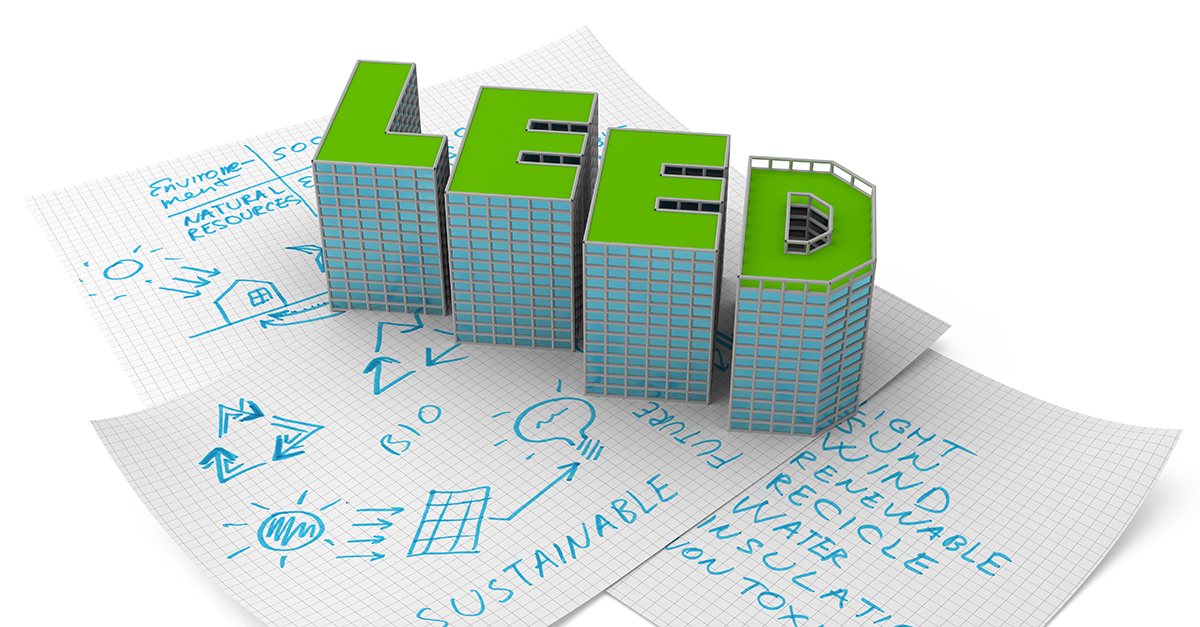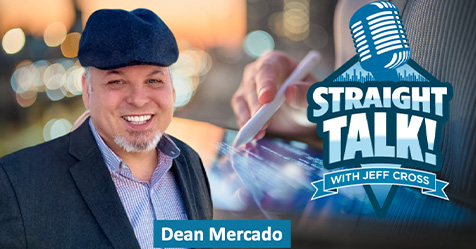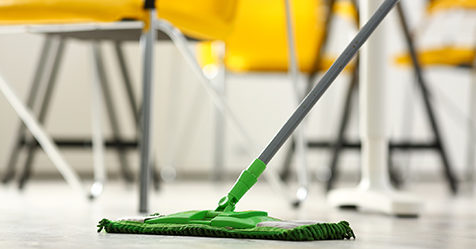The fifth version of the U.S. Green Building Council’s Leadership in Energy and Environmental Design (LEED v5) for Existing Buildings Rating System (LEED-EB) has stirred controversy in the
cleaning industry. Overall, v5 has improved LEEDEB’s impacts on energy and the environment. However, several changes—particularly in the management and training prerequisites, the points
system, and the social equity requirements—are seen as industry setbacks. These aspects of LEED v5 highlight a perceived undervaluation of the cleaning sector’s role in maintaining sustainable
and healthy buildings.
Removal of prerequisites
Previous versions of LEED-EB required buildings to have a structured approach to cleaning management and worker training. These prerequisites ensured that cleaning staff were well-trained in sustainable practices and that a systematic approach to managing the cleaning process to reduce environmental impact is used.
The removal of these prerequisites in v5 suggests a de-emphasis on the importance of professional cleaning practices and their role in maintaining a sustainable building environment. This change can lead to a decline in the quality of cleaning services.
Lack of points for cleaning
In v5, the allocation of points underestimates the importance of cleaning, providing the same number of points for all cleaning practices as it does for a single survey involving just 15% of
building occupants. This approach suggests a misalignment in the valuation of cleaning services compared to other system measures.
Cleaning is a critical component of building maintenance that directly impacts the health and well-being of occupants and the overall environmental footprint of the facility. The minimal points awarded for cleaning do not reflect its significant role in maintaining indoor environmental quality and promoting well-being.
Social equity requirements
The social equity requirements in LEED v5 focus predominantly on the construction industry and its suppliers, and fail to address the needs of frontline cleaning personnel and other contracted
service workers in buildings. This oversight is problematic as it neglects the social aspect of sustainability, particularly the fair treatment, well-being, and development of cleaning staff.
Cleaning personnel often face challenging work conditions and are integral to the implementation of sustainable practices within facilities. Therefore, LEED’s failure to address their needs
and contributions adequately undermines the holistic approach to sustainability that LEED aims to promote.
For LEED to truly foster sustainable building environments, it must recognize and integrate the vital role of the cleaning industry in maintaining the health, well-being, and sustainability of
building operations. Balancing environmental goals with the practical and social realities of cleaning services is essential to ensure that LEED continues to be a comprehensive benchmark for
sustainability in the building industry.
Watch the ISSA webinar below to learn more about LEED-EB v5 from industry specialists and receive instructions on how to voice your concerns.




